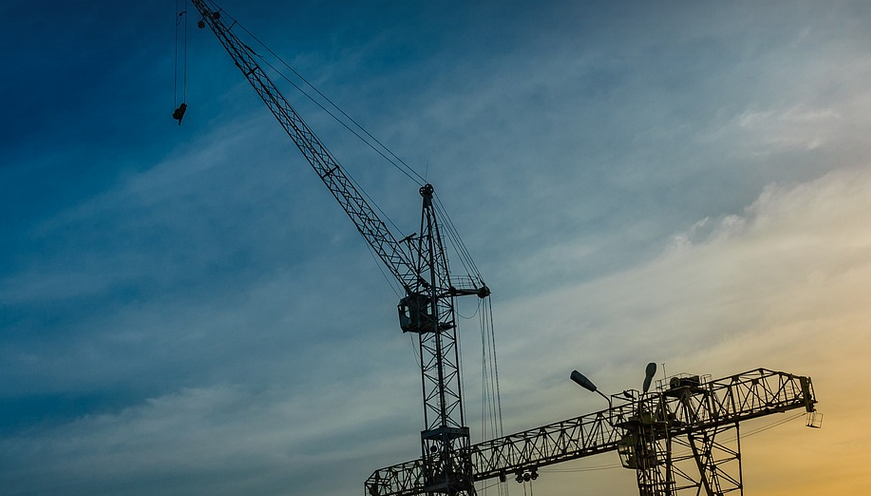Navigating the world of hazardous waste recycling can feel overwhelming, but it’s absolutely necessary for protecting our environment and community health.
Chicago faces a unique set of challenges when it comes to managing hazardous waste. From industrial pollution to everyday household chemicals, dealing with these materials requires specific expertise and procedures to ensure their safe disposal and prevent potential harm.
But don’t worry, there are resources available to help you navigate the process! Chicago offers a robust network of facilities for collecting, treating, and recycling hazardous waste, minimizing our environmental footprint while safeguarding public health.
Let’s dive into understanding what constitutes hazardous waste, its unique challenges, and how you can ensure proper disposal in Chicago.
Understanding the Hazardous Waste Landscape
Hazardous waste is a broad category encompassing materials that pose risks to human health or the environment when mishandled. These include:
- Industrial chemicals and materials like solvents, acids, heavy metals, and batteries.
- Electronics with mercury, lead, and other toxic substances.
- Pharmaceuticals and medications with active ingredients and potential contamination risks.
- Used oil and antifreeze containing hazardous additives.
Proper disposal of these materials is crucial, not just for the well-being of our community but also to prevent environmental damage. Improper handling can lead to soil and water pollution, harmful air emissions, and even explosions or fires.
Why Recycling Matters
Recycling hazardous waste in Chicago isn’t just about cleaning up; it’s about actively safeguarding our planet for future generations.
Here’s how recycling contributes to a cleaner, greener city:
- Reduces the amount of materials going to landfills. Landfills are finite resources, and hazardous waste occupies a specific niche that requires special care and attention.
- Minimizes environmental risks. Recycling reduces exposure to potentially harmful chemicals in air, water, soil, and surrounding environments.
- Promotes resource recovery and potential new products. Many hazardous materials can be repurposed into new or valuable resources, reducing the need to extract raw materials from nature.
- Contributes to a more sustainable and eco-conscious community. Recycling demonstrates proactive steps towards protecting our planet and future generations.
Chicago’s Resources for Hazardous Waste Disposal
In Chicago, various resources are available for safe disposal of hazardous waste. These include:
- Waste Management Facilities:
- These facilities specifically handle hazardous waste and have trained personnel to manage the materials safely.
- Many facilities offer collection services for businesses and residents alike, making disposal convenient and accessible.
- Specialized Recycling Centers:
- Dedicated recycling centers specialize in processing different types of hazardous waste. These centers often handle electronic waste, pharmaceutical products, and batteries properly.
- These facilities utilize specialized technologies to manage the materials safely and effectively.
- Local Government Programs:
- Chicago’s Department of Environment offers guidance on hazardous waste management, including collection guidelines, disposal options, and local reporting requirements. They also provide resources for residents to learn more about safe handling and disposal.
Getting Started: Your Guide to Safe Disposal
Here are some steps you can take to ensure proper disposal of hazardous waste in Chicago:
- Identify the type of hazardous waste. Understanding what constitutes hazardous materials helps you choose the correct disposal method.
- Contact your local waste management facility or recycling center. These facilities can provide guidance on accepted materials, collection schedules, and proper procedures for disposal.
Recycling: A Collective Effort for a Cleaner Future
Remember, safe and responsible hazardous waste disposal is a collective effort—one that benefits everyone. By understanding the challenges and resources available in Chicago, residents and businesses can play a significant role in ensuring a cleaner, greener future for our city.
Recycling hazardous waste is not just about keeping our communities healthy; it’s about safeguarding the planet for generations to come. Let’s all do our part by understanding and following proper disposal guidelines.
